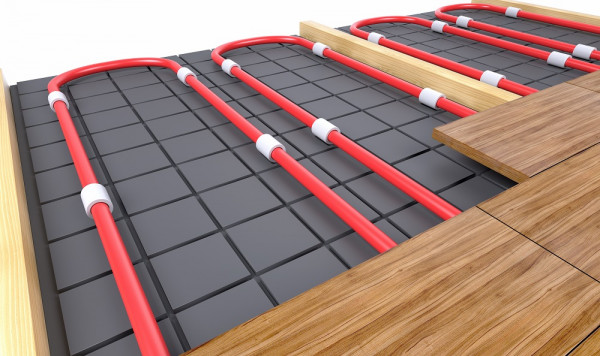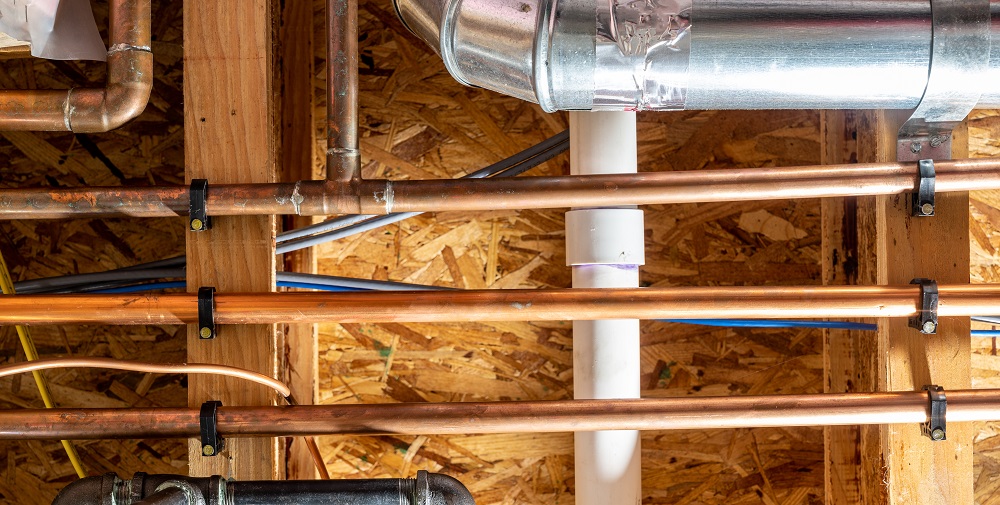5 Tips For Gas Leak Melbourne Detection And Repair in Heated Flooring

Heated flooring systems can make your living style more comfortable. If you're in Melbourne, having a gas-powered heated flooring is an excellent option to warm up your home. However, you may need to be aware of the troubles gas leak Melbourne floor heating may result into.
Suppose you're considering knowing more about Melbourne heated flooring and its issues. In that case, you may also need to know some tips for gas leaks Melbourne detection and repair. Learning these pints could prevent possible fire-related incidents and other problems. For that purpose, here's a post to guide you. Keep on reading to learn more.

Contact A Licensed Gas Plumber
A licensed gas plumber is necessary for early detection and pipeline maintenance. Because of this, you may need to have a contact of one of them that you could call 24/7. Generally, registered gas plumbers can help you identify early signs of gas leaks on heated floors. Some of these are the smell of rotten eggs and the immediate withering of plants near your house.
In addition, these plumbers may help you fix your gas leaks properly because of their array of equipment and appropriate skills. They ensure safety by suggesting parts replacements and conducting necessary repairs too. Professional gas plumbers may also offer to install gas detectors that could set the alarm whenever a gas leak happens.
Install A Gas Detector
Some gases have no odours. Because of this, their leaks may not be indicated by a foul odour, such as the smell of rotten eggs. Because of this, gas detector installation may be necessary. A gas plumber usually undertakes this option, but a homeowner with some do-it-yourself (DIY) skills can do so.
If you're installing it on your own, you may consider the type of gas used on your floors. That'd be the basis of the detector you may need to install. For some ideas about the different gas detectors, you may dive into the following:
-
Propane And Natural Gas Detectors
Many types of this detector are portable and have plug-in options. In many cases, they're inserted or attached to the lines. Most of them also have digital displays and voice alarms
-
Carbon Monoxide Detectors
This device can detect the presence of carbon monoxide (CO) within a property. This gas is standard in many heating systems, such as floor heating. Typically, these detectors feature electrochemical CO sensors and a voice alarm to identify the specific area where the gas is present.
-
Radon Detector
If your floor heating uses radon gas, you need to install radon detectors that could precisely determine the levels of radon gases in one's home. Generally, these detectors can suspect leaks if the gas content is at least 2 pCi/L.
Conduct A Soapy Test
If you're looking for a simple hack to determine whether your floor heating has a gas leak, you may prepare a soap solution. For that purpose, you may need a teaspoon of liquid detergent and a cup of water to have a concentrated solution.
After preparing the mixture, you may douse the area of the hybrid or hardwood floor where the lines are nearest. If bubbles appear after some time, a gas leak likely happens. You may need to turn off the primary gas source and call a plumber to assist you if you have no idea what to do next.
1. Clean The Lines And The Surfaces
In some cases, the leaks happen because of clogs and impurities. To address this, you may need to eliminate the gas lines' impurities. Some homeowners use acetone for this purpose because of its corrosive effect, removing the impurities. In addition, it also prevents rust build-up in the lines, making them more durable and maintaining the heating system.
After cleaning the lines, you may need to clean the underside of your floors and the surfaces of your gas tanks and lines using sandpaper and a clean cloth. In doing this, ensure you'll not move any valves and locks in the process to avoid further problems.
2. Use A Rubber Tape In Sealing
Rubber tapes are helpful adhesive in sealing the lines with leaks. Since leaks normally come from cracks and loose joints, using rubber tape is an excellent way to block the leaks. In applying sealing with the rubber tapes, you may need to set your lines at right angles to ensure that each part that could possibly have a leaking point is wrapped properly.
Wrap Up
A heated flooring system is a reliable way to warm up one's property. If there are problems, such as gas leaks, homeowners may need to look for ways and tips to address the issues. For that purpose, you may need to read this post for some ideas that could help you.
Finally, if you're troubled with a gas leak Melbourne gas plumbers can help you have a quick solution. You may just need to explore your options.
